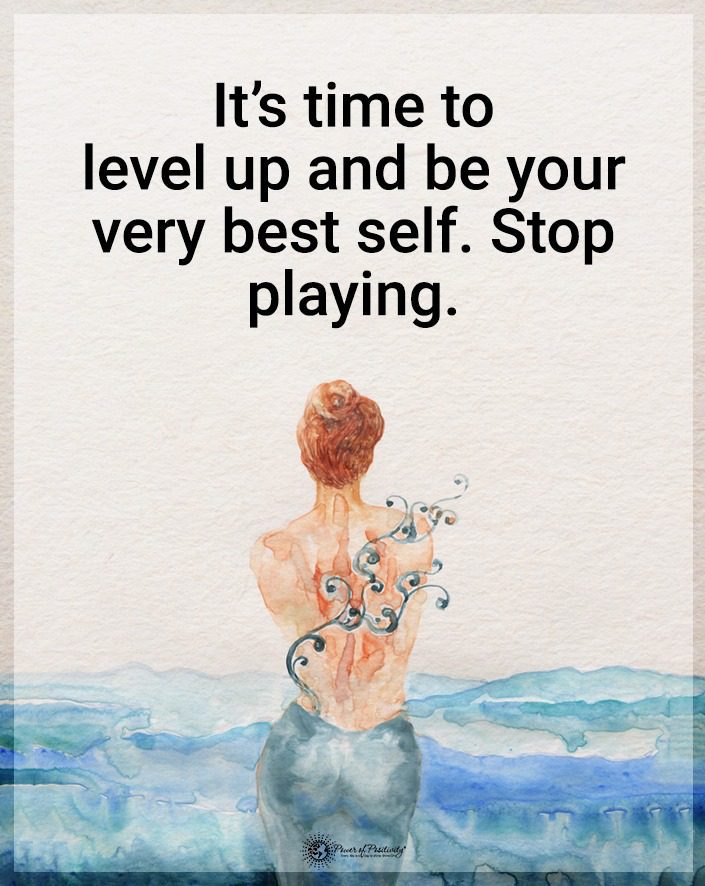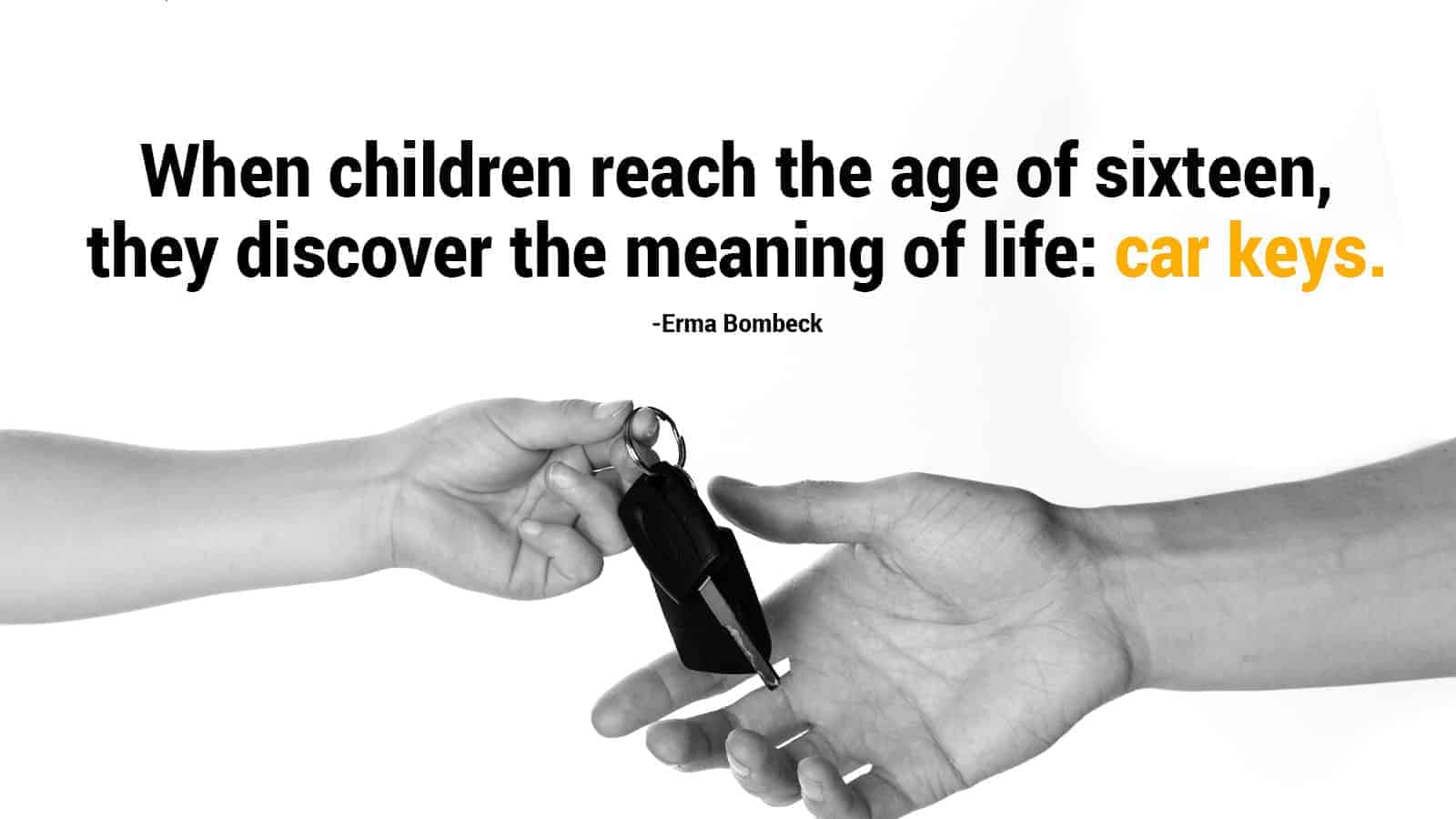There’s not a person alive that doesn’t have some selfish ways. It’s okay to believe in yourself and want the best, but you would never use these desires to hurt others. This is the difference between a person with pride and dealing with a manipulative or selfish person. But how do you set boundaries and reclaim control of your life?
Some folks are just out to get what they can from you, and they will hurt and exploit you to make this happen. These people think only about themselves and never consider the cost to others. How can one deal with such a selfish person without being emotionally affected?
True, there’s a fine line between someone self-assured and egotistical, but no one is better than anyone else. Your needs are just as important as the next person and constantly dealing with these folks can be pretty challenging. As a result, it can drain your resources and even affect your mental health.
Twelve Ways to Take Back Your Life From Someone Selfish
The problem with a selfish person is that it’s hard to get anything through to them. They only have one view, and it’s always biased towards themselves. Any dealings with this person will exhaust you, but you must know how to take your life back from their clutches. Here are some ways that you can accomplish this task.

1. Give Yourself the Attention You Deserve
The selfish person is an energy hog. They will take everything you have to give and come back for more. It would help to give yourself the attention you deserve, as you don’t want to sabotage your happiness.
Quit using statements like “I’ll be happy when…,” as you must learn to find your joy now. Never allow someone to take away the pleasures of being alive. Focus on self-care and mindful living to increase the positivity in your life. Cutting out the negative is the best thing you can do for your happiness.
2. Don’t Give Someone Selfish the Attention They Crave
If you’ve raised kids, you know how demanding it can be to have a toddler. You’ve also learned that if you run to their bed every time they whimper, they will use this to get their way. They become pretty manipulative little people, but this is because they depend on you for everything.
The baby is innocent, but the selfish person knows what they’re doing. They will return for more when you give them the attention they crave. Set boundaries on the attention you allow them to have, or they will drain you dry.
Remember how often you let your baby whimper because you didn’t want to spoil them? You must stop giving in to the selfish person who wants attention. The more you run to their beck and call, the more they will keep calling.
3. Limit Your Time Around Them
You cannot avoid some people, including coworkers, a boss, or individuals that live in your household. However, you can set boundaries and limit yourself to the time you spend with them. If you feel a nagging headache or stomach pangs when you’re around this person, it’s your inner voice telling you something is off.
What about the people that you can’t avoid? Well, in work situations, you can ask to move cubicles. Tell management about the issues you’re having if they warrant help. You can always do something to fix the problem, even if it means finding another job.
4. Don’t Let Them Dominate Your Conversations
The selfish person will always dominate the conversation. They don’t want to hear about your day or the things going on in your life, as everything in their life takes precedence. Don’t be afraid to tell them they’re talking too much, and call attention to the fact that the conversation has become one-sided.
Stand up for yourself, and you must put them in their place. It’s okay to tell them they’re being rude and not allowing you to speak. You must stand up for yourself to this person, or they will continue to dominate your time and conversations.
5. Set Boundaries With Selfish People
In elementary school, teachers work with parents to set effective boundaries for children. They often use a bubble analogy, indicating a personal space no one should cross. You must learn to do the same thing with a selfish person. They don’t respect your limitations, so you must set boundaries and remind them of these guidelines as often as possible.
6. Find Better People for Your Inner Circle
It’s hard to break ties when dealing with a coworker or spouse. However, it would be best to surround yourself with positive people who uplift you.
A toxic relationship with your partner can affect things like your heart, mental health, and even the speed at which a wound heals, according to an article published by the National Library of Medicine. However, the opposite happens when your inner circle is full of people cheering you on.

7. Never Ask for Advice or an Opinion From a Selfish Person
It’s hard when the selfish person you need to set boundaries with is your spouse or a parent, but you should try to avoid asking for their advice. When you show your vulnerability to them and admit you have a problem, they will use this against you. Remember, you are trying to set boundaries, and asking their advice only opens the door to meddling.
Do yourself a favor and get a therapist who will listen without an ulterior motive. Everyone needs a trusted confidant that they can vent and get advice, but you need to make sure it’s someone who has your best interests at heart.
8. Don’t Stoop to Their Level
Why is it so challenging to deal with a selfish person? Remember when you were little, and your parents told you never to stoop to the bully’s level? You probably thought they weren’t giving good advice back then, but as an adult, you understand the value of their wisdom.
This person will undoubtedly frustrate you, but you can’t resort to the same tactics they do. They want you to explode emotionally, show your emotional vulnerability, and fly off the deep end, but you can’t allow them to do this to you. Learn to walk away and not play into their hand.
9. Learn to Say No
When it’s time to set boundaries with a toxic person, the word no can set you free.
One of the most freeing things you will learn to do for yourself is to say ‘No’ without any explanation. You don’t need to give a hundred reasons why you can’t or won’t do something. All you need to do is say ‘No.’ There’s power in this world, as you’re taking back your life and control from someone else.
According to Harvard Business Review, people often find themselves overcommitted, juggling competing priorities, and feeling the pressure from all of it. The review states that you must learn how to say no at the correct times and for the right reasons.
You can be discreet in how you turn down their requests, but ultimately, you’re just enforcing the need to set boundaries and stick to them.
10. Don’t Feed a Selfish Person’s Ego
Everyone needs their ego fed to help improve their self-esteem. However, when dealing with someone who already has such a high opinion of themselves, it’s best not to enable them.
11. Try to Understand Selfish People
While it might not change anything, it can help you to understand why the selfish person is this way. Walk a mile in their shoes and see how you would be different. Most selfish and manipulative people come from horrible backgrounds where their childhood was anything but pleasant.
What you’re seeing is an outward expression of an internal conflict. They have very low self-esteem and will do anything to make themselves feel better. It would be a major feat if you get a manipulative person to show their vulnerability, but they will never heal unless they’re honest with you and everyone around them.
12. Know When It’s Time to Walk Away and Sever Ties
Whether you’re dealing with a family member, spouse, or even a boss, there comes a time when you must break free from these folks. It’s not always easy, especially when coming face-to-face with a situation that will rearrange your whole life. If you’re in a toxic relationship, it can dramatically impact every fiber of your being.
Sometimes saying goodbye is the hardest thing you will do, but you must learn to walk away to save your sanity. The selfish person is unlikely to change, so you must be willing to love yourself enough to walk away from this situation.
Final Thoughts on Taking Back Your Life From a Selfish Person
Dealing with a selfish person can drain your resources and challenge your health. However, taking back your life is something you must do to help you thrive and be happy. Sometimes it’s more challenging when you’re dealing with a spouse or a boss, but you must still set boundaries and enforce them.
Surround yourself with positive people who see the pleasures in living and honestly care for you, and you’ll notice a big difference in your outlook on life. Isn’t it time to love and take care of yourself more?



















